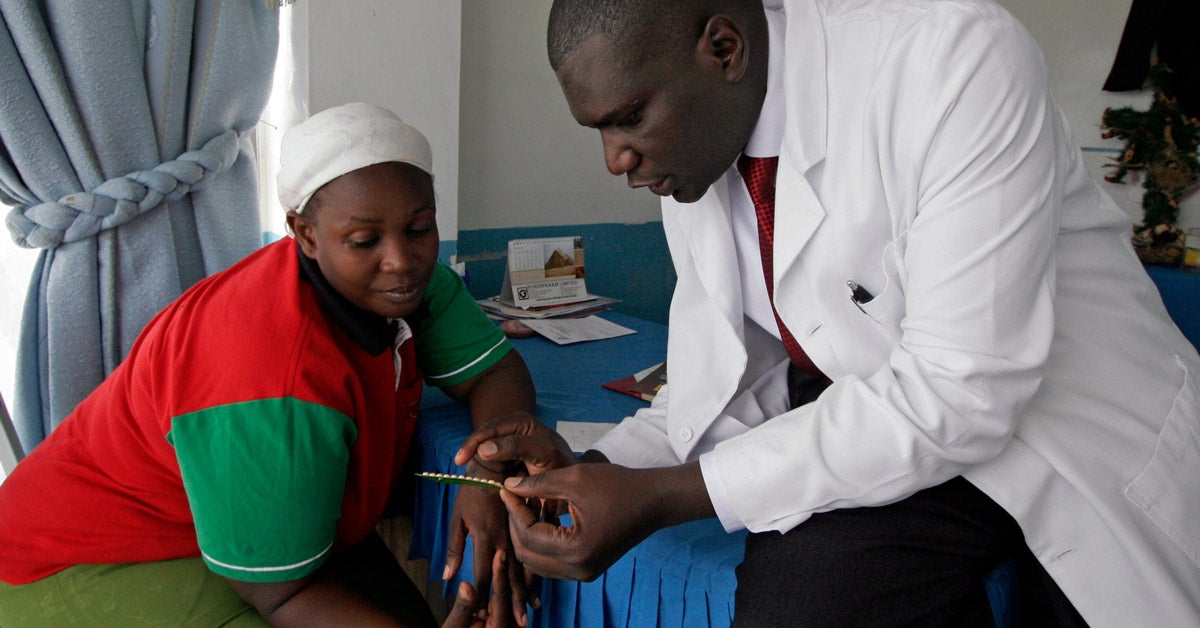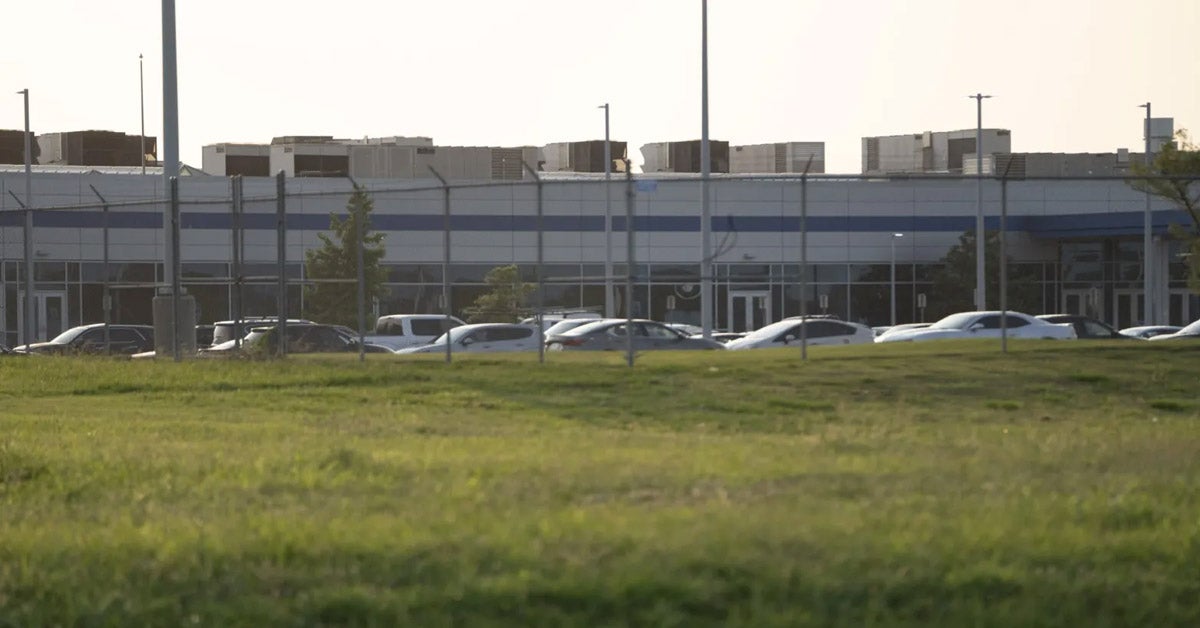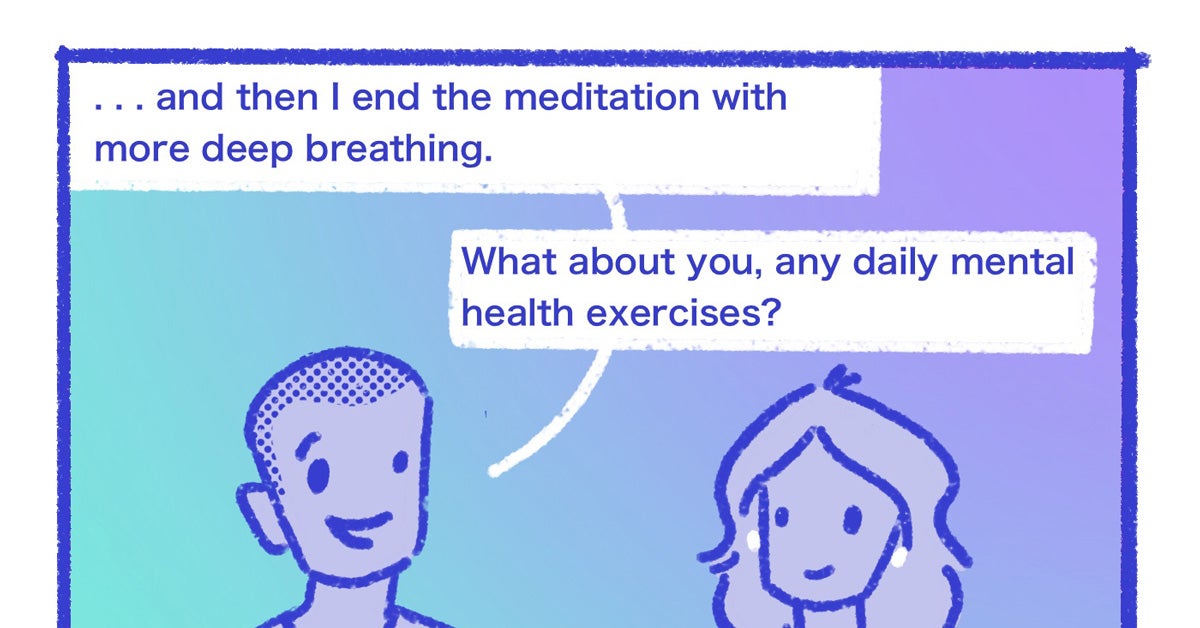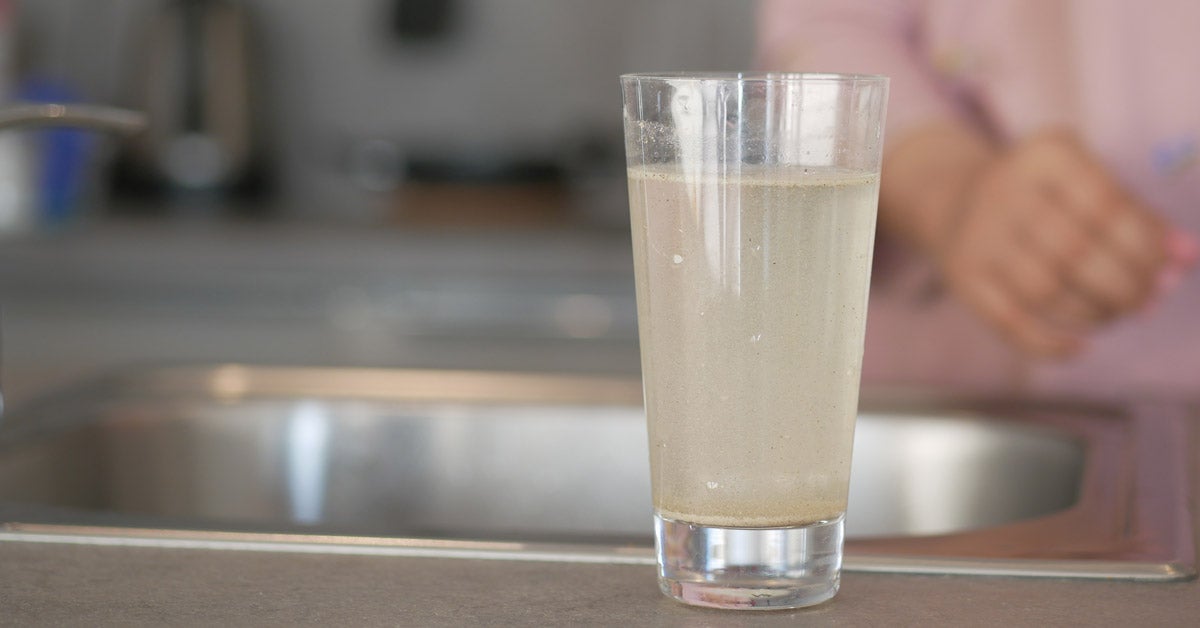Newsletter
HPH Weekly: How the U.S. election has an outsized effect on global reproductive health
This edition of Harvard Public Health Weekly was sent to our subscribers on November 7, 2024. If you don’t already receive the newsletter, subscribe here. To see more past newsletters, visit our archives.

How the U.S. election has an outsized effect on global reproductive health
“Every U.S. presidential election pits the American mood against other countries’ sovereignty—and the health of their women and girls,” writes Christine Mungai. The reason? The “global gag rule” and the constant back-and-forth over its enforcement between Republican and Democratic presidents.

It’s not too late for Elon Musk to take Memphis’s environmental health seriously
It’s easy to understand why cities like Memphis would want an xAI computing facility: It could be a boon for the economy. But if Elon Musk’s company continues to ignore the rules, any benefits could be counteracted by further damage to the environmental and living conditions in the city—especially for its Black residents, argues Ben Adams.

A sound idea
An editorial cartoon by Jenna Luecke

Can a $10 billion climate bond address California’s water contamination problem?
Tucked into the California climate bond on the November ballot is a $610 million earmark to improve drinking water quality for roughly 750,000 people. The state admits that’s not enough to address the problem—but advocates say it’s a start.
Smart toilets could flush public health problems away →
Human toilets and their waste create many problems: environmental contamination, poor sanitation, and water shortages. But smart toilets could lessen those problems—and also use urine to benefit public health and the ecosystem.
What we’re reading this week
Why daylight savings time is worse for your body than standard time →
The Washington Post
Former FDA lawyers join tobacco industry in ‘epic’ fight against the agency →
The Examination
Zika is still spreading. Why don’t we have a vaccine yet? →
Vox
An age-old midwife tradition’s revival is saving vulnerable newborns →
Reasons to Be Cheerful
Myanmar residents struggle to overcome severe internet blackouts with Starlink →
Rest of World
U.S. election anxiety doesn’t end when the election does. If you’re still reeling from the events of this year, please check out this panel by my wonderful colleagues at the Harvard Chan Studio. It helped me focus on what really matters during these past few weeks of hostility, overstimulation, and division—and I hope it does the same for you.
—Jo Zhou
